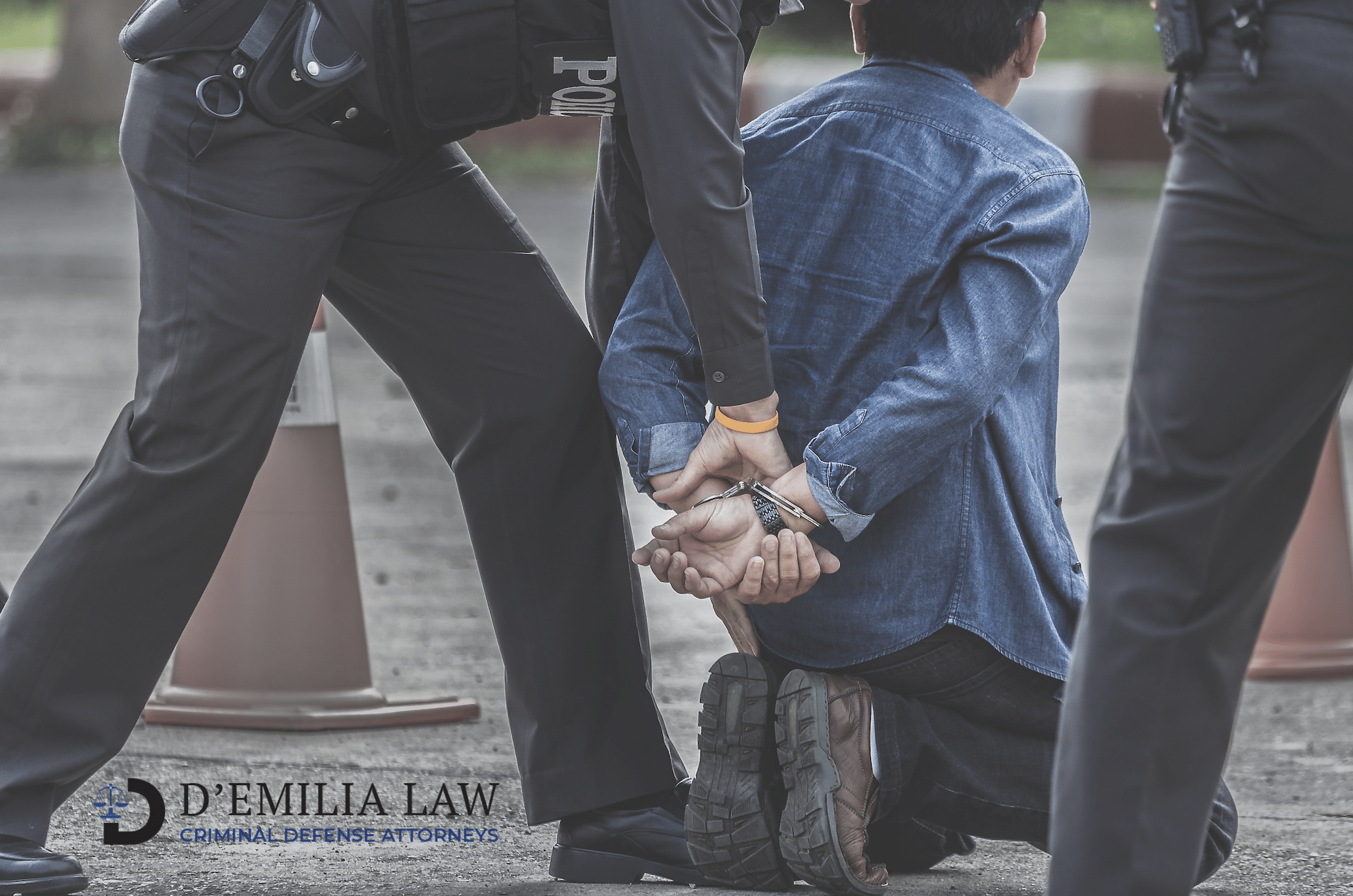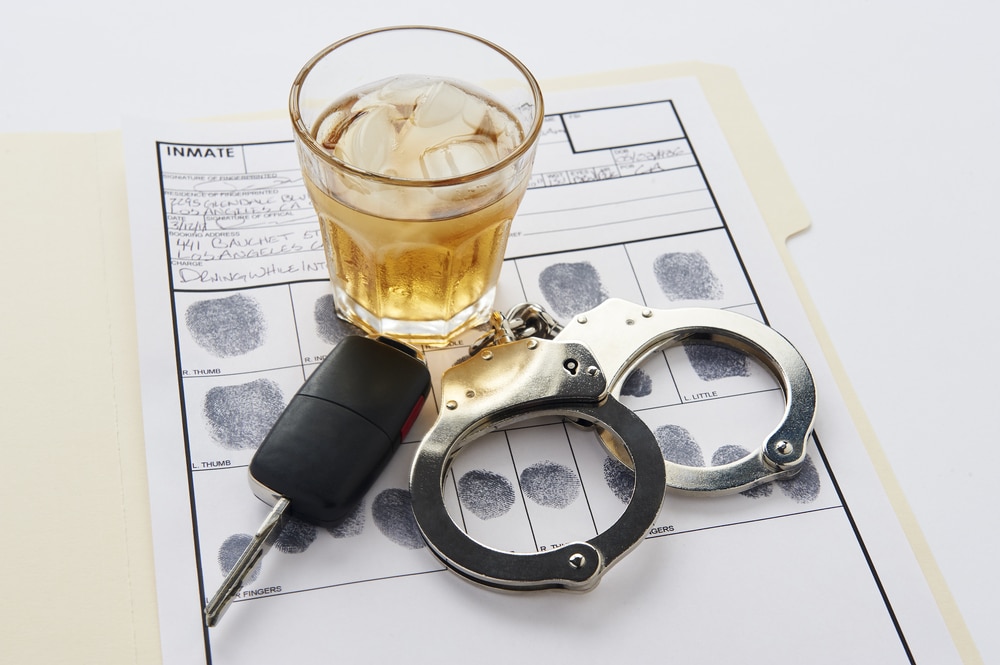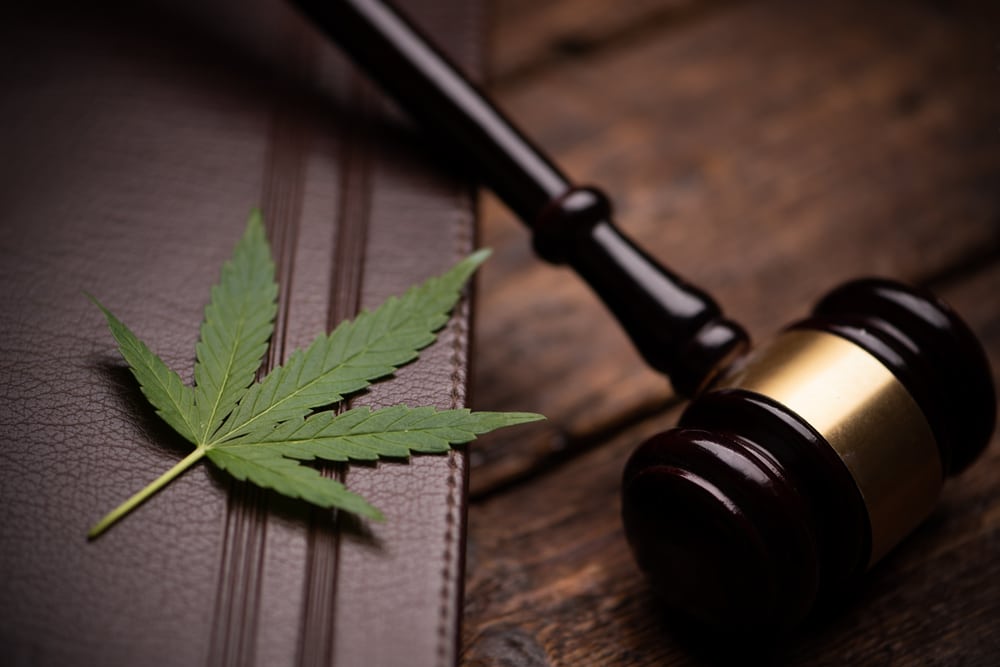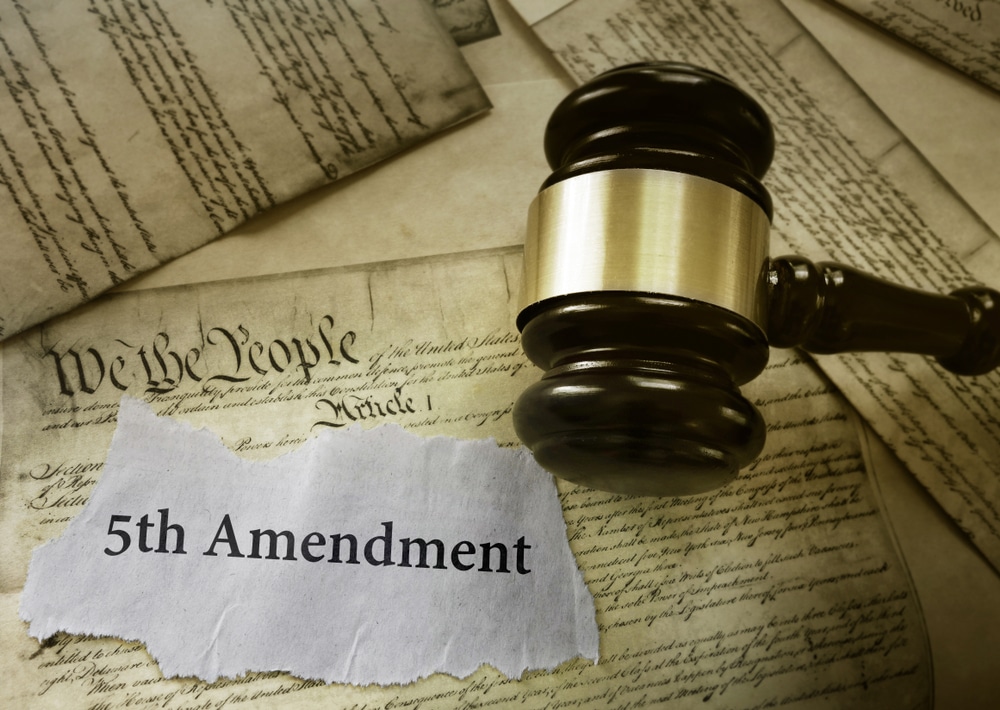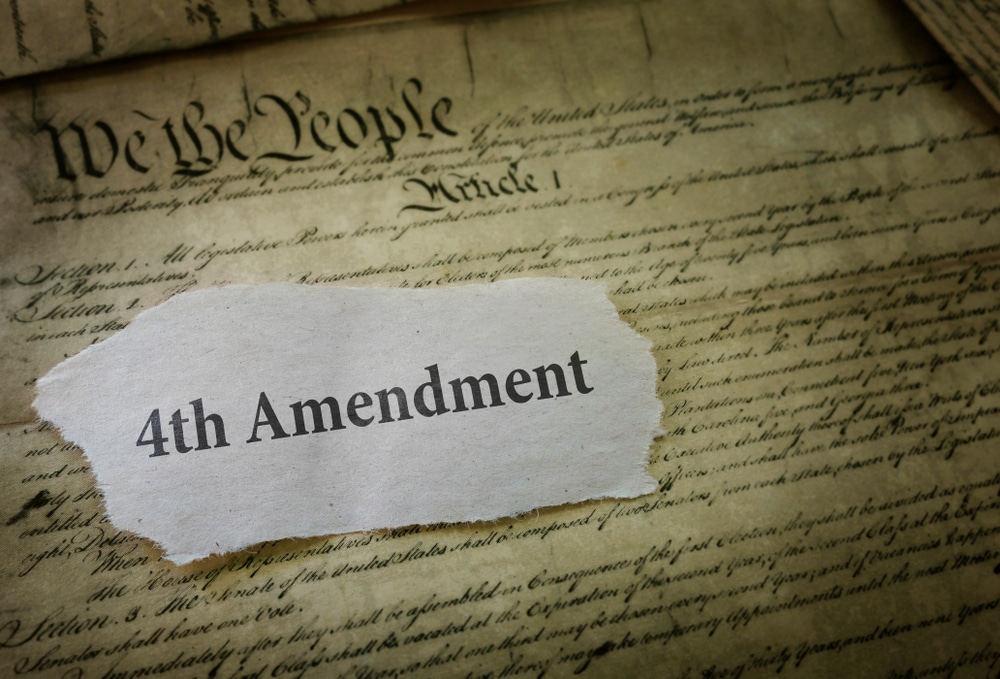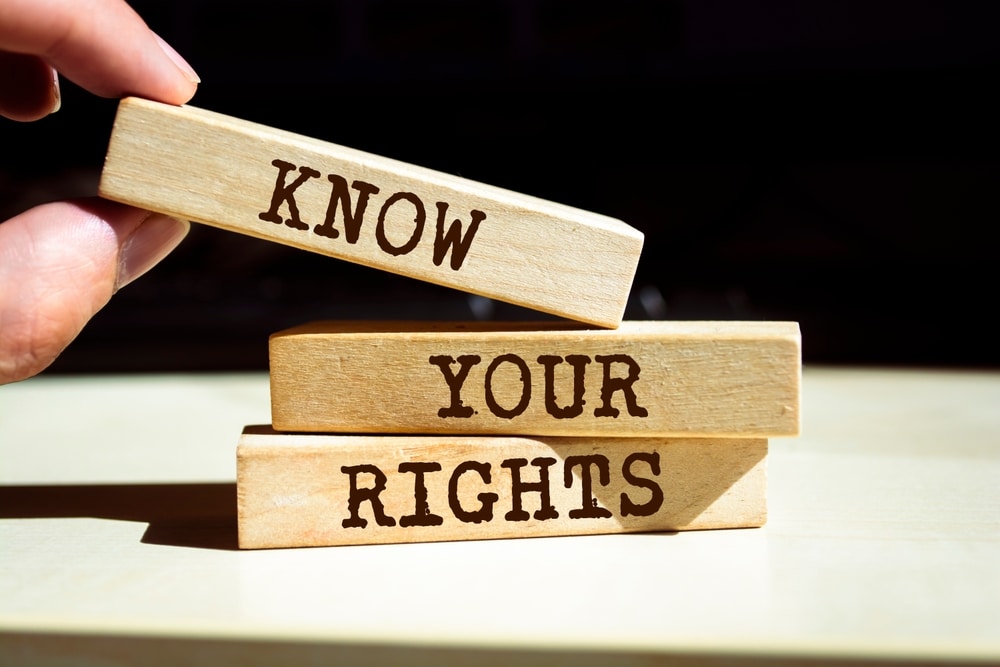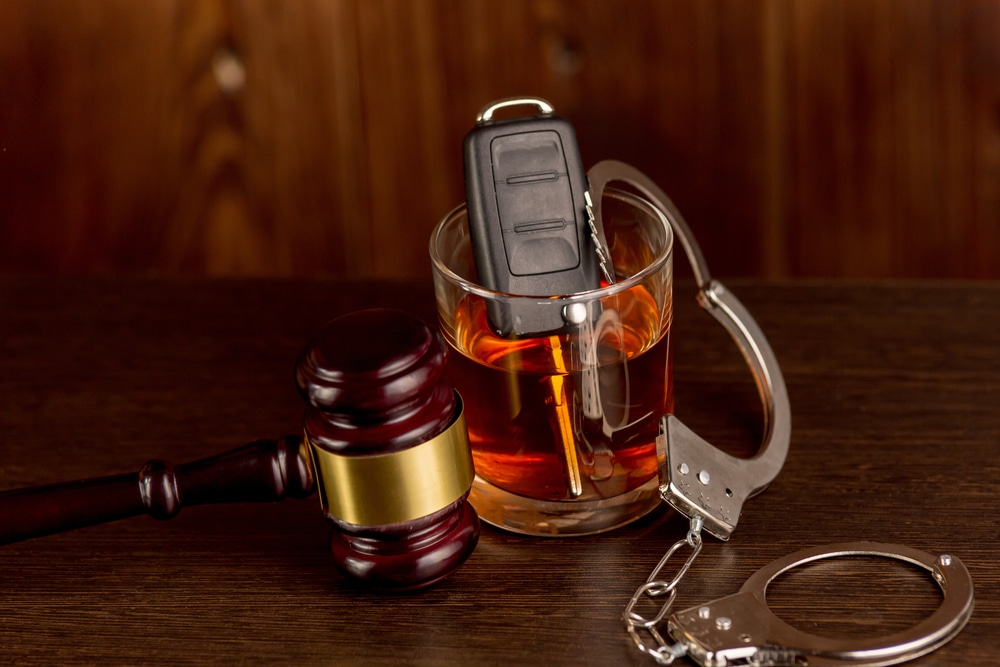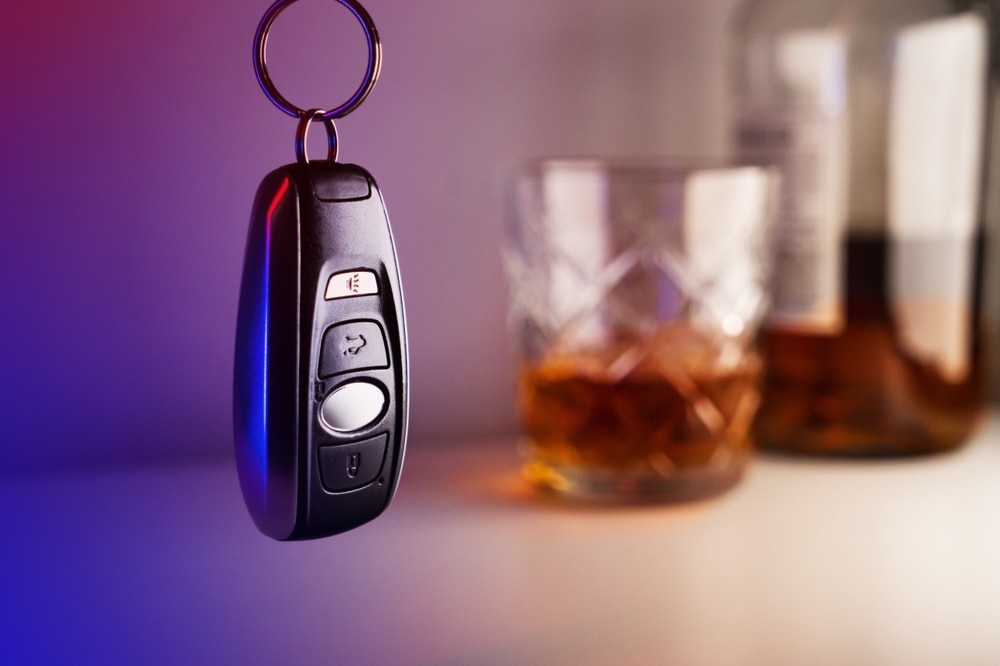Every individual is afforded certain rights under the U.S. Constitution when arrested and taken into police custody. One of the most important requirements that law enforcement must follow is providing a “Miranda Warning.” The name of this notification comes from the critical U.S. Supreme Court case, Miranda v. Arizona, which held that police must advise anyone taken into their custody of their protections against making self-incriminating statements as provided by the Fifth Amendment. The police must also inform anyone taken into custody that they have the right to an attorney.
What are the Warnings?
If police took you into custody, they are permitted by law to ask you certain questions such as your name, date of birth, and address, without having given you the Miranda warning. However, after you’ve been detained — and before questioning begins — the police must inform you that:
- You have the right to remain silent
- Anything you say can and will be used against you in a court of law
- You have the right to an attorney
- An attorney can be appointed if you cannot afford one
Although the warning does not need to be said in any particular order, these four rights must be adequately communicated to a person who has been accused and taken into custody. An individual can invoke their right to remain silent by making an unequivocal statement that they are asserting this right. If you do not verbally invoke your Fifth Amendment right, the court may consider any statements made after the Miranda warning has been given to be a waiver of this right.
When Does an Officer Have to Read You Your Rights?
There are many misconceptions concerning precisely when Miranda warnings must be read. While police are often shown on TV and in movies giving an individual their Miranda warnings at the time of arrest, this is not always the point at which the notification must be provided. Importantly, police officers are not required to read you your rights just because you’ve been detained or arrested.
Whether you are in jail, on the street, or at a crime scene, if the police wish to question you when you are in their custody, they must give a full Miranda warning. But if you are not in police custody — meaning, you are otherwise free to leave — the Miranda warning isn’t required. In some cases, the police will question a person before being taken into custody, only to arrest them after obtaining the statements they were seeking.
It’s crucial to understand that regardless of whether you have been given the Miranda warning, you generally don’t have to respond to police questioning before or after you’ve been arrested. In fact, it’s always best to contact a lawyer immediately who can ensure your rights are protected.
What Happens if You Aren’t Given a Miranda Warning?
If the police officers fail to warn you about your rights prior to engaging in custodial interrogation, any statement or confession you make will be deemed involuntary and cannot be used in the prosecution’s case. In addition, any evidence derived from such a statement will likely be thrown out. However, this doesn’t necessarily mean that the charges will be dropped and you can avoid punishment. If there is sufficient evidence, apart from the inadmissible statement, the prosecution may still be able to pursue their case.
Contact an Experienced New York Criminal Defense Attorney
If you have been arrested and charged with a criminal offense, it’s vital to contact an attorney who knows how to build a solid strategy and strong defense. The criminal defense attorneys at D’Emilia Law have extensive experience protecting the Constitutional rights of those accused of a wide variety of offenses — and will work to secure the best possible outcome in your case. For a consultation, contact us at 1-888-DEMILIA.

